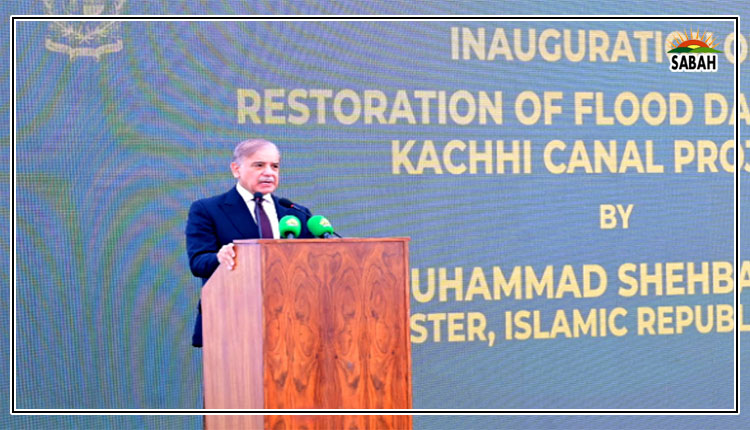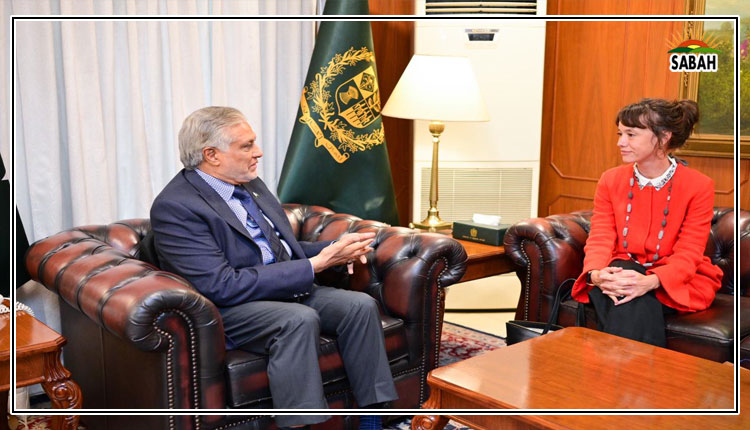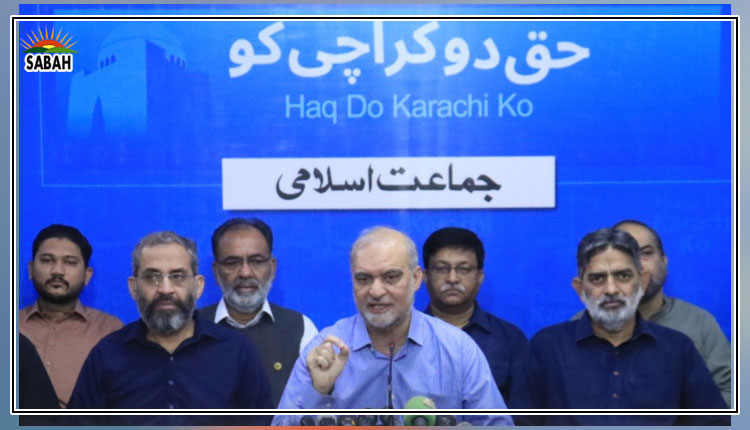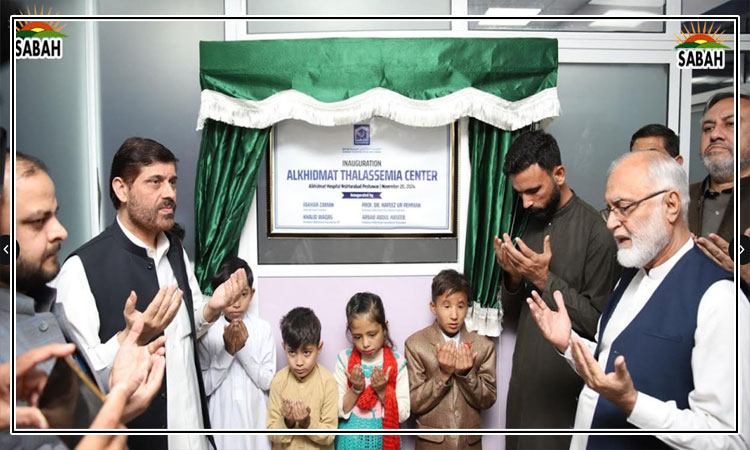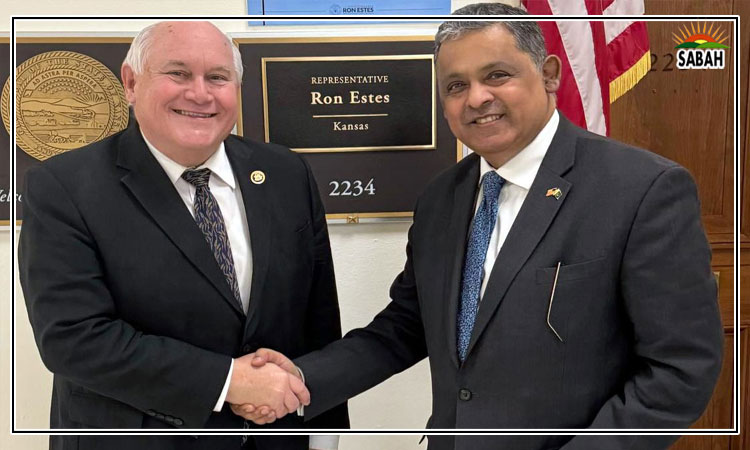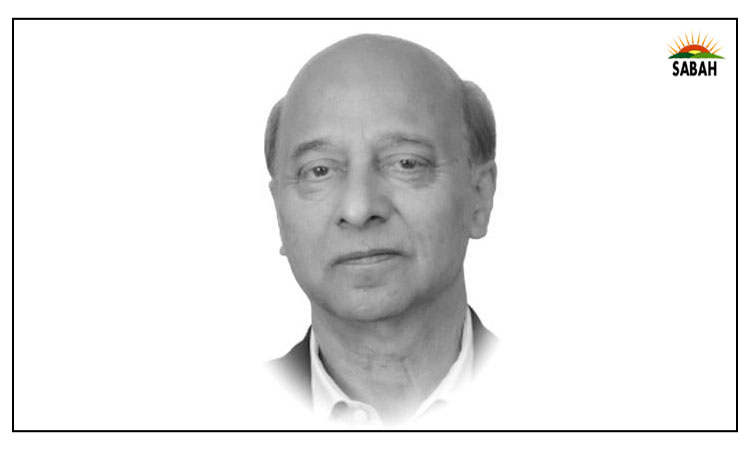Higher education: a crisis of integrity, relevance & corruption ….. Imtiaz Gul
Federal Minister for Planning, Development and Special Initiatives Ahsan Iqbal recently rang alarm on the performance of the country’s higher education institutions and urged Prime Minister Shehbaz Sharif to replace the leadership of Higher Education Commission (HEC) with a fresh team having a bold vision and experience to address the prevailing challenges.
In a letter to the Prime Minister, Iqbal warned that as many as “169 projects worth Rs446bn and a throw-forward of Rs314bn” were at risk.
The planning minister drew the PM’s attention to the fact that nearly two-thirds of Pakistan’s population was below the age of 30 that has to play a pivotal role in shaping the future trajectory of the nation. “But unfortunately,” wrote the minister, “if these young entrants into the labour force do not receive quality education and are poorly skilled, they will struggle to find decent employment, leading to adverse socio-economic consequences.”
Iqbal referred to a 2023 study by the Pakistan Institute of Development Economics that put the number of unemployed university graduates at over 31 per cent.
Besides, almost all reports of the Federal Public Service Commission (FPSC) have complained about the absence of analytical skills among the candidates who mostly reproduce “crammed knowledge” but there had been insufficient attention to curriculum reforms and pedagogical changes. “Truly tragic,” said the minister, “is that only 393 candidates or 1.94 per cent could pass written examinations out of at least 20,000 candidates.”
The planning minister, in fact, made a damning indictment of the incumbent chairman and the management under him.
“The current chairman has held key positions since 2004, making him the longest-serving head of such an organisation. Despite repeated extensions, the promised outcomes have not materialised, and he bears significant responsibility for the sector’s malaise. “Moreover, the recruitments to senior positions in HEC were made on nepotism,” the minister alleged and demanded reforms in the higher education sector through the introduction of a fresh, experienced team with a bold vision and the courage to implement necessary changes.
The minister’s letter to the PM, in fact, resonates grievances of all those who are concerned about the declining standards in higher education.
Generally, higher education drives technology and innovation. It is supposed to do so across the globe. A big question looms over the performance of Pakistan’s universities and the HEC i.e. the monitor of those universities. Ensuring and promoting quality education and research is the primary job of such entities. Universities and educational institutions play a pivotal role in fostering research culture, yet a closer scrutiny of the HEC reveals the contrary.
The quality and integrity of research conducted in most Pakistani universities has often centred on securing a degree as a means to make a livelihood. Not many pursue this as a means to excellence and contribution to innovation in the country. Copy-paste culture appears to be the norm.
No surprise that more than 400 Pakistani scholars and academics from various public and private sector universities have reportedly published around 150 fake research papers in a journal that probably would not stand the scrutiny by an international panel of experts. Such journals treat publication of papers as a commercial venture alone, regardless of the quality of their content.
Whether these papers are relevant to prevailing severe challenges in Pakistan and whether they boast quality research is what the HEC has to guide. What lies behind this?
What Iqbal, the planning minister, points out is a malaise a number of academics have been talking about for quite some time. Lack of accountability and merit is another big issue that has stunted the growth of quality research and learning in the country.
A recent research paper in Nature, one of the top research journals in the world, also explains why Pakistan has been struggling in the field. The journal reported that retraction/removal of published papers from Pakistan were ranked the second highest – a matter of shame and a sad reflection on the culture of copy-paste and the curse of plagiarism.
Take the example of Punjab, where most Vice Challengers are hand-picked by the Chief Minister. Most of these heads of universities often act as typical bureaucrats instead of devout academics, largely involved in personal enrichment and promotion of a coterie of teachers that are loyal to them than to their primary duty of teaching and research. Vice Challengers themselves appear to be giving more to public projection and self-protection rather than promoting real knowledge and research.
One wonders how many universities have offered Pakistan-relevant solutions all these years, except gobbling up funds originally meant for research. Instead of spending precious and scarce funds on learning and research, most of the money goes into pompous seminars/conferences and public relations events.
As a whole, the higher education system requires a massive overhaul backed up by accountability and merit.
We can’t hope much from these seats of learning until they are freed from political interference and nepotism. Third party performance and financial audits – and not by yet another corrupt institution such as the Auditor Generational Pakistan – can help in improving the financial management and educational conditions at the Higher Education Commission as well as the universities under it.
Courtesy Express Tribune


